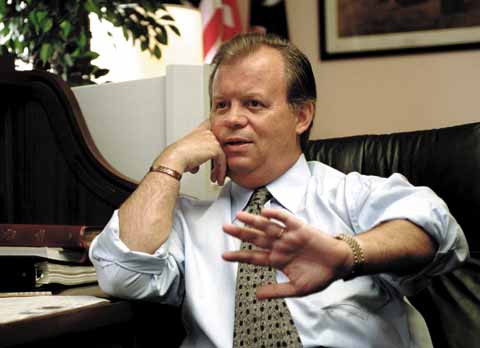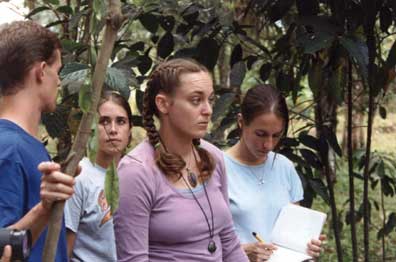
| By Admin1 (admin) (pool-151-196-25-92.balt.east.verizon.net - 151.196.25.92) on Thursday, November 13, 2003 - 3:23 pm: Edit Post |
RPCV Ambassador Tony Hall says Peace Corps needs to make some changes

Read the entire interview which is very illuminating and thought-provoking at:
Quote:It's a story that probably needs to be told. It probably is going to hurt recruiting unless changes are made. It talks about the Peace Corps in a way that it's never been talked about.
...it appears to me that the Peace Corps needs to make some changes. Things have changed in the last 10, 12, 14 years.
I do know that there are some glaring problems, and they've got to be looked at.
The thing that makes the Peace Corps is not the bureaucracy; it's not the director, it's the volunteers. Everything should be done for the volunteers.
In the long run, if the Peace Corps makes corrections, that will help them.
If I were still in Congress, I'd say there needs to be some kind of victims' liaison or ombudsman for volunteers and their families. They need answers and follow-up. I think a lot of the anger and frustration that I read in the articles came from poor communication.
There's always the issue of should the director be an ex-volunteer. And nine times out of 10, I'd say, "Absolutely." But then again, you've had some good directors who were not former volunteers. I'm not wedded to that, but if I had to come down on one side, I'd advocate that the next director, and all directors, should be Peace Corps returnees. Nobody understands the volunteer better than an ex-volunteer. They understand the language difficulty, they understand what it means to get dysentery. They understand what it means when you're out there and you're all alone.
I am for increasing the Peace Corps' budget. I know that it gives us a much better image in the world. If Congress wants a more protected Peace Corps, and if it wants to increase the number of volunteers, as the president wants to do, then the money has to be provided.


